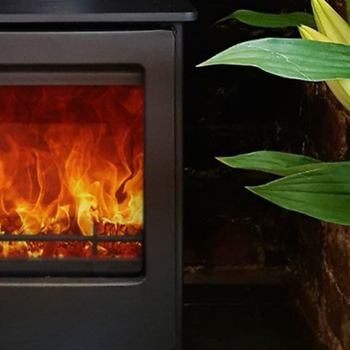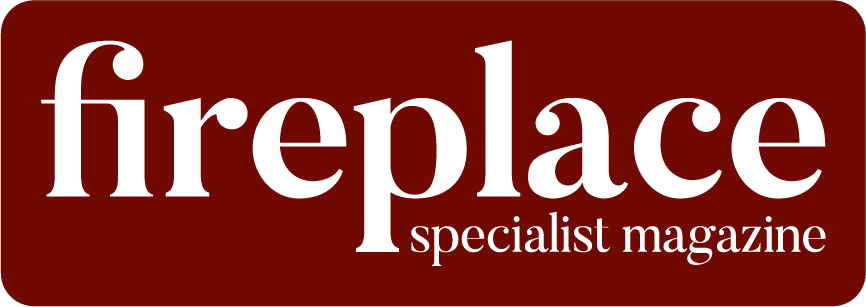By HETAS
The new ‘Emissions for air pollutants in the UK’ publication released on February 14 by Defra has highlighted an increase in burning wood for fuel by 124 per cent between 2011 and 2021, and a decrease in use of coal for domestic heating.

The report also highlights emissions of particulate matter (PM10 and PM2.5) originate from a wide range of sources covering domestic activity, industrial activity, power generation, transport and agriculture.
HETAS and Woodsure group’s CEO reveals how improved consumer education will help steer homeowners towards cleaner, safer solid fuel choices.
Bruce Allen, chief executive officer for Woodsure, comments:
“Acknowledging the report, we push forward in continuing to help improve the UK’s air quality. With measures already in place such as public education, Cleaner Choice, regular advice around maintenance and schemes such as ‘Ready to Burn’, we are confident that as an organisation the next report can only continue to be positive as we work hard to educate and improve on the way the UK chooses to burn.
“Our concern though is that a portion of this good work could now be undone. While domestic burning is only part of the air pollutants problem, last year we saw an unprecedented demand for solid fuel as more people turned to it as a less expensive way to keep their homes warm.
“The plan confirms that domestic burning in England will not be banned any time soon not while there are countless households unable to access an alternative means of heating. But education is the vital, burning issue. So long as there are homes where their only option is to burn solid fuel, we will maintain our focus in helping these individuals make greener choices with the tools they have now – and we are thankful that the government is of the same mind.”
“For anyone using old open fires or stoves we strongly recommend considering a change to a modern cleaner burning appliance and being careful to buy the right smokeless fuels and dry “Ready to Burn” wood fuel. These measures will contribute to environmentally responsible burning and reduce particulate emissions and pollution. At the crux of this is educating the consumer on the best way to burn to cause as little damage to the environment as possible, for as long as they have no other means of heating their home economically.
“For this reason, our organisation welcomes the government’s call for a renewed focus on educating consumers and we support the call for action against those who burn irresponsibly. Both of these critical points are backed up by the National Air Pollution Control Programme, published by Defra earlier this year.”
HETAS and Woodsure work independently alongside local authorities and the likes of the new Department for Energy Security and Net Zero, Defra and DLUHC to reach householders who are either unclear or unaware of the cleanest, safest ways to burn biomass or solid fuel.
Helpful resources from HETAS and Woodsure include:
- The Cleaner Choice appliance scheme, offering a simple route to choosing a solid fuel, wood or biomass appliance that is even cleaner to operate than current regulations require
- The Ready to Burn certification scheme, a trusted mark giving stove owners the peace of mind that the fuel they purchase is compliant with emissions regulations
- The HETAS Advice Hub, hosting plenty of tips on how to get the most out of a solid fuel appliance while minimising its environmental impact
For more information about cleaner, safer choices for solid fuel use within the home, visit hetas.co.uk or woodsure.co.uk.
